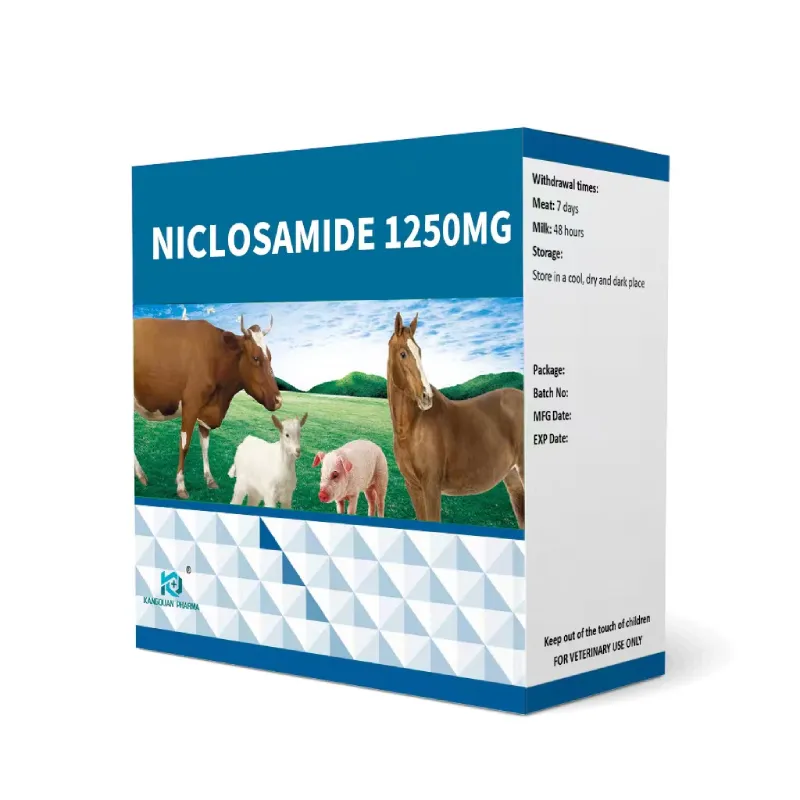- Afrikaans
- Albanian
- Amharic
- Arabic
- Armenian
- Azerbaijani
- Basque
- Belarusian
- Bengali
- Bosnian
- Bulgarian
- Catalan
- Cebuano
- Corsican
- Croatian
- Czech
- Danish
- Dutch
- English
- Esperanto
- Estonian
- Finnish
- French
- Frisian
- Galician
- Georgian
- German
- Greek
- Gujarati
- Haitian Creole
- hausa
- hawaiian
- Hebrew
- Hindi
- Miao
- Hungarian
- Icelandic
- igbo
- Indonesian
- irish
- Italian
- Japanese
- Javanese
- Kannada
- kazakh
- Khmer
- Rwandese
- Korean
- Kurdish
- Kyrgyz
- Lao
- Latin
- Latvian
- Lithuanian
- Luxembourgish
- Macedonian
- Malgashi
- Malay
- Malayalam
- Maltese
- Maori
- Marathi
- Mongolian
- Myanmar
- Nepali
- Norwegian
- Norwegian
- Occitan
- Pashto
- Persian
- Polish
- Portuguese
- Punjabi
- Romanian
- Russian
- Samoan
- Scottish Gaelic
- Serbian
- Sesotho
- Shona
- Sindhi
- Sinhala
- Slovak
- Slovenian
- Somali
- Spanish
- Sundanese
- Swahili
- Swedish
- Tagalog
- Tajik
- Tamil
- Tatar
- Telugu
- Thai
- Turkish
- Turkmen
- Ukrainian
- Urdu
- Uighur
- Uzbek
- Vietnamese
- Welsh
- Bantu
- Yiddish
- Yoruba
- Zulu
8 月 . 16, 2024 22:34 Back to list
Can injectable ivermectin be safely administered orally to goats for treatment?
The Use of Injectable Ivermectin Orally in Goats A Veterinary Perspective
Ivermectin is a widely used antiparasitic agent in veterinary medicine, particularly for livestock such as goats. Its primary application is in the treatment of various parasitic infections, including gastrointestinal nematodes, ectoparasites like mites and lice, and even some internal parasites. While injectable ivermectin is specifically formulated for parenteral administration, a common question among goat farmers and veterinarians is whether it can be safely administered orally. This article will examine the implications, effectiveness, and potential risks associated with using injectable ivermectin orally in goats.
The Use of Injectable Ivermectin Orally in Goats A Veterinary Perspective
Using injectable ivermectin orally may seem like a convenient alternative, especially in situations where injections are challenging or stressful for the animal. However, several factors must be considered. The primary concern is that injectable formulations may contain excipients or preservatives not suitable for oral consumption, which could lead to gastrointestinal upset or toxicity in goats. Goats have a unique digestive system, and their physiology may react unpredictably to substances not intended for oral administration.
can you give injectable ivermectin orally to goats

Moreover, the bioavailability of ivermectin differs between injectable and oral forms. Injectable ivermectin is rapidly taken up into circulation, providing immediate therapeutic levels in the bloodstream. Conversely, oral administration may result in slower absorption rates and potentially lower plasma levels of the drug, which can diminish efficacy against certain parasites. Studies suggest that the pharmacokinetics of ivermectin can differ significantly when given orally versus through injection, impacting the overall success of treatment.
Veterinarians emphasize the importance of adhering to the recommended administration routes as indicated by the drug’s manufacturer. Improper dosing or administration can lead to inadequate treatment, contributing to the development of drug resistance among parasitic populations. This is particularly concerning in goat herds, where parasitic infections can severely impact overall health and productivity.
In instances where injectable ivermectin cannot be administered as intended, farm management strategies should emphasize alternative routes and methods of treatment. There are several oral formulations specifically designed for goats, which ensure appropriate absorption and effectiveness against parasites. Furthermore, implementing comprehensive herd management practices, such as proper sanitation, rotation of pastures, and regular health checks, can help minimize the reliance on chemical treatments.
In conclusion, while it might be tempting to consider the use of injectable ivermectin orally in goats due to practicality, this approach poses risks that outweigh potential benefits. Veterinary professionals recommend sticking to the approved routes of administration to ensure the health and safety of goats. The development of effective treatment protocols should always involve consultations with qualified veterinarians who can provide tailored recommendations based on the specific needs and conditions of each herd. By prioritizing the well-being of the animals and following scientific guidelines, goat farmers can ensure effective parasite management and promote the overall health of their livestock.
-
The Power of Radix Isatidis Extract for Your Health and Wellness
NewsOct.29,2024
-
Neomycin Sulfate Soluble Powder: A Versatile Solution for Pet Health
NewsOct.29,2024
-
Lincomycin Hydrochloride Soluble Powder – The Essential Solution
NewsOct.29,2024
-
Garamycin Gentamicin Sulfate for Effective Infection Control
NewsOct.29,2024
-
Doxycycline Hyclate Soluble Powder: Your Antibiotic Needs
NewsOct.29,2024
-
Tilmicosin Premix: The Ultimate Solution for Poultry Health
NewsOct.29,2024













